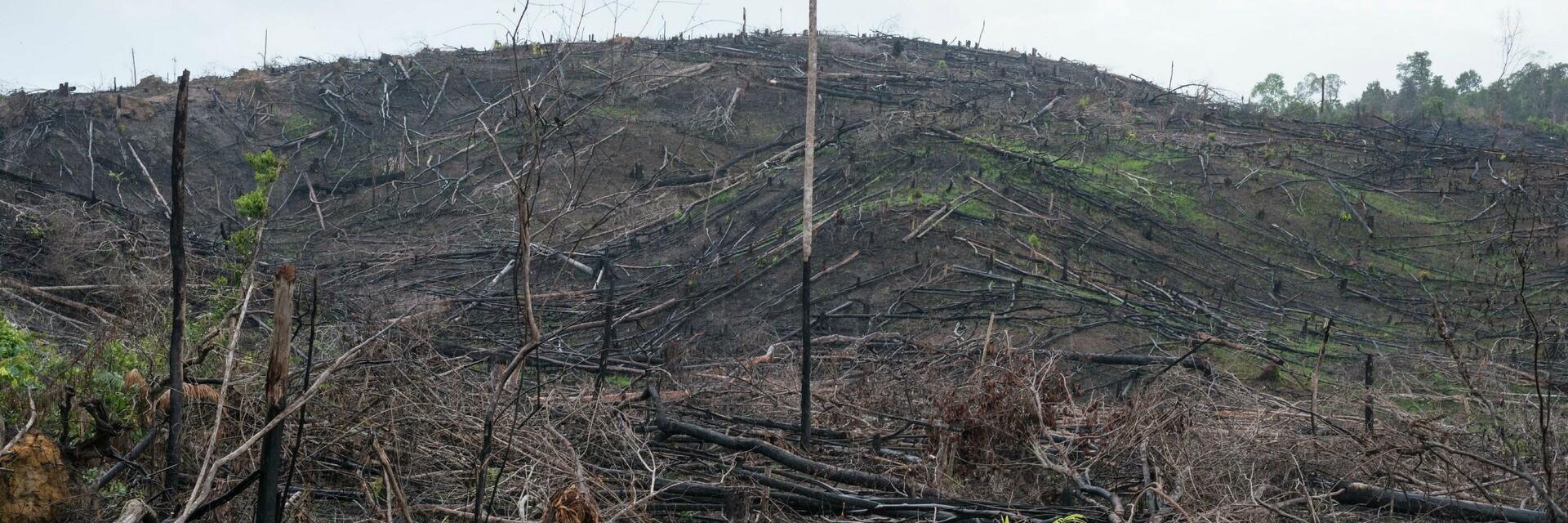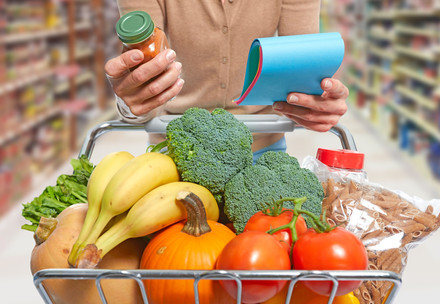It is estimated that 92.2 billion farmed land animals are used for food (meat, milk and eggs) every year globally; of these, an estimated 83.3 billion are slaughtered for meat1. Approximately around three quarters of farmed land animals are living in factory farms2. Not only does factory farming cause extreme animal suffering but also damage to the environment:
- Animal agriculture is responsible for roughly one sixth of the world’s greenhouse gas emissions3.
- The cultivation of animal feed, in particular soya and maize, as well as the land use change from primary forest or other natural landscapes into pasture, are responsible for 67% of deforestation worldwide4.
What FOUR PAWS is asking from the food industry:
FOUR PAWS is asking companies to take responsibility for their impact on farmed animals and the climate and play a positive rather than a destructive role. Companies are beginning to do so by expanding their plant-based range, including meat and dairy alternatives. However, in order for companies to make a truly impactful and progressive difference, their actions must occur on a significantly larger, more transparent and faster scale.
FOUR PAWS expects action and progress from the food industry within the following scopes:
- Defining and reporting on a concrete and timebound meat and dairy reduction goal and implementing measures to reach it.
- Within this reduction goal, meat and dairy should not be compensated for with an increase of other animal proteins.
- Including a statement highlighting the beneficial impacts of meat and dairy reduction for animal welfare and the climate.
- Phasing out meat and dairy from factory farming and moving towards products from farms with at least good and eventually excellent animal welfare.
- Defining a concrete and timebound goal and implementing measures for increasing the vegan offering.
- Promoting plant-based alternatives through consumer awareness by highlighting animal- and climate-friendly food via various marketing tools.
By assessing the level of effort from leading food industry players compared to their competitors, FOUR PAWS shows where companies stand and encourages them to reassess their goals and strategies.
With meat and dairy production negatively contributing to factory farmed animals and the climate crisis, industries hold a powerful key to deciding the fate of billions of farmed animals and the planet.











